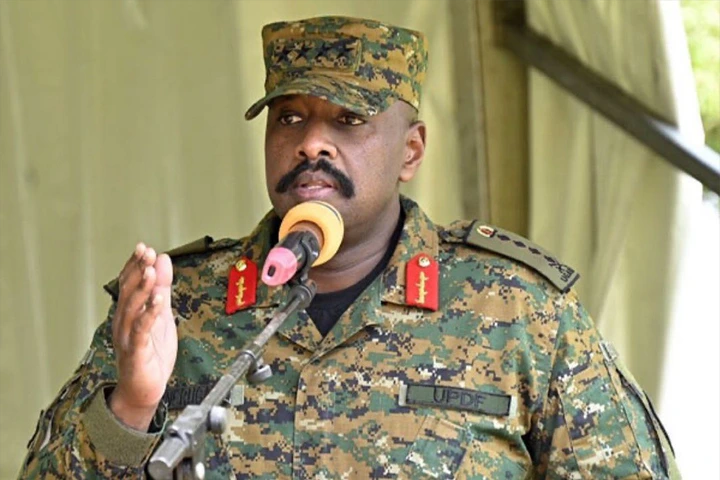“I’d Rather Vote for Bobi Wine” Writer Criticizes Muhoozi’s Leadership Style After Twitter Outburst

In Uganda, there is a growing discussion about the leadership styles of Lt. General Muhoozi Kainerugaba and opposition leader Bobi Wine.
A Ugandan writer has publicly stated that they would prefer to vote for Bobi Wine, highlighting the stark differences in how both leaders handle freedom of speech and public criticism.
Muhoozi, who is known for his strong presence on social media, has faced criticism for how he handles dissent.
The writer points out that Muhoozi often blocks critics and removes voices that disagree with him online.
They also mention the arrest of Ugandan author Kakwenza Rukirabashaija, who was outspoken against the government, as an example of Muhoozi’s intolerance for differing opinions.
Despite his significant online following, the writer believes that Muhoozi's approach to handling criticism raises questions about his ability to lead a democratic nation.
On the other hand, Bobi Wine is praised for his more open approach to social media. The writer emphasizes that Bobi allows a wide range of opinions on his platforms, even those that criticize him.
Although some of Bobi’s supporters can be intense and aggressive, the writer sees this as a sign of Bobi’s commitment to free speech.
They argue that Bobi's ability to engage with critical voices respectfully shows a deeper respect for democracy and the people’s right to express their views.
The writer also discusses the role of social media in shaping political careers. The so-called “Muhoozi Project,” which initially seemed like a myth, gained much of its visibility through online promotion.
However, the writer believes that Muhoozi’s failure to respond constructively to criticism undermines his potential as a leader.
Instead of engaging in meaningful conversations, Muhoozi’s method of silencing critics weakens his public image.
The writer stresses that freedom of expression is vital for any society. Suppressing dissent only stifles growth and innovation.
True leaders, the writer argues, should be able to welcome criticism and respond with reason and respect rather than intimidation.
Ultimately, they call for a leader who values open dialogue and upholds the principles of democracy.



0 Comments